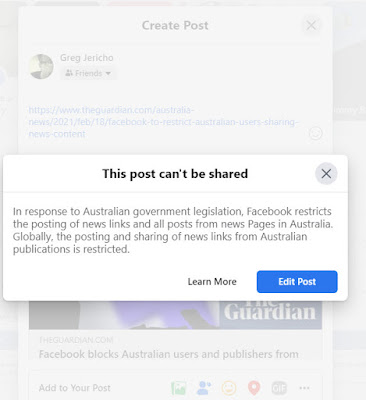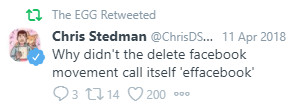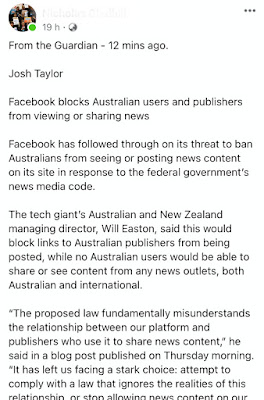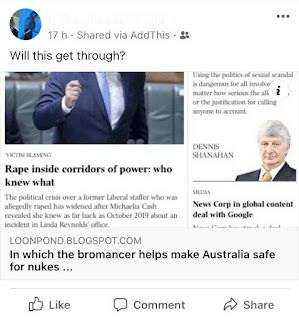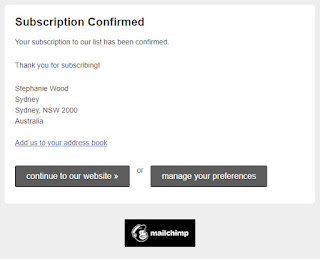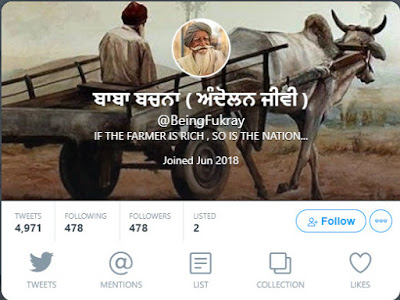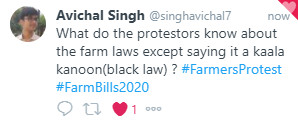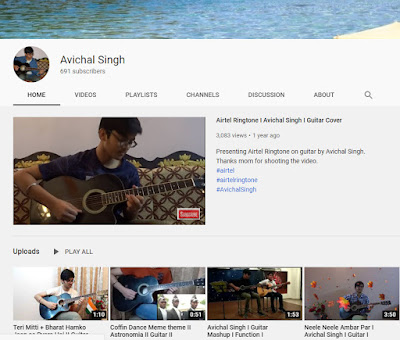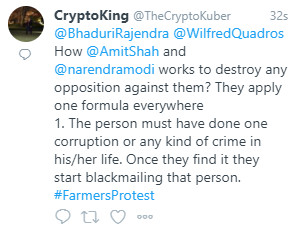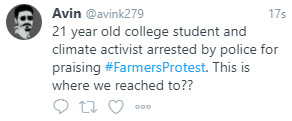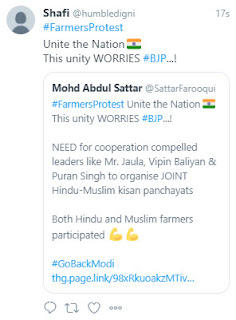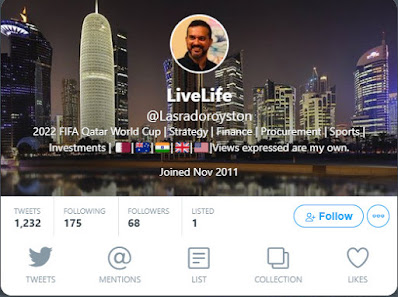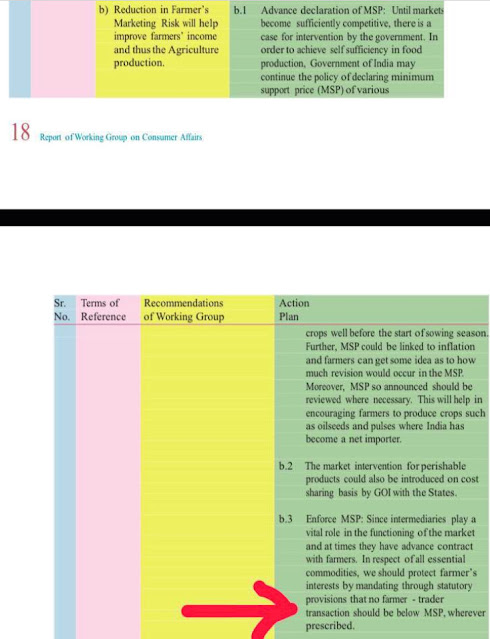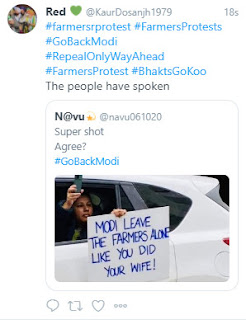This article isn’t a swipe at the media but is, instead, a swipe at those who exploit it. I’ll start on 15 February when, at 7.30am Sydney time, America’s Associated Press tweeted that Duke and Duchess of Sussex were expecting their second child. What followed in my limited universe of hopes and aspirations was very small, the contretemps, and hardly worth mentioning but for the consistency of the replies to my adventure, which had been, as follows:
Odd! Considering the Sussex' difficult relationship w the media, why trumpet about Megan again being in the family way? I don't understand ..
Just to make it clear I was genuinely puzzled I put a small emoji in at the end of the post, a quizzical face with a half-frown and blank eyes. I thought the emoji might take any sting out of the post, render it bland and qualify it with the sort of humour – obvious and conventional – that you need to use on Twitter if you want to avoid difficult interactions with people who are more likely to express anger than to empathise with what you’re feeling.
I got anger. One person replied:
They confirmed the news to get it out of the way so paparazzi wouldn’t have an incentive to stalk them for a scoop. Are you new here?
This person was more reasonable:
Because think of all the media outlets commenting on how fat she's getting over the coming months? If they drip feed the news they want the media to have then fair play to them.
As was this (not entirely convincing) riposte:
Meghan is an American actress and celebrity. We would care if she wasn't married to Harry. We're just especially delighted because they are an incredible power couple who are deeply in love. I'm so glad he's away from that toxic family and living his best life.
Over on Facebook I also had grief, having posted this:
Associated Press just announced The Sussexes are expecting a new child. Find it hard to judge Megan but it seems odd to go to the media again after having just won a court case against the British tabloids. If you're going to critique the media -- and even take them to court -- surely you'd want to avoid using them entirely. It seems silly to me, but others will have different views, I'm aware ...
A person used Facebook to snippily correct my spelling of the duchess’ name (I’d put “Megan” – a capital crime in itself), and added:
The case was around the press printing a private letter between Meghan and her father.
The royal tradition of sharing the news of new arrivals is something quite different.
She went on to say that she saw a different standard being applied to Meghan compared to other members of the royal family, with a coda containing information to the effect that she wasn’t a fan of the royals in general – which I took to mean that she supports the idea of an Australian republic.
With one of my Twitter adversaries (almost readying himself for pistols at dawn) I had a further discussion. He said,
I don’t know how to tell you this, but when people get pregnant they often announce it.
To which I replied (considering his response to at least have been civil):
Sure mb to family, but not to the world. Megan and Harry have made a point of critiquing the media. Megan even won a court case recently. If William mentions it in passing to the media that's enough, surely.
To which he responded:
We announced ours on Twitter and Facebook. We don’t have a spokesperson.
Don’t you have something better to clutch your pearls over?
Ouch! As a parting shot I replied:
I should get new pearls. My old string has been worn down to nubs from constant fretting.
He finally shut up, probably because I’d added another emoji to my humorous tweet, this time a face with eyes of different sizes, as though my avatar were demented, and with its tongue sticking out of its mouth. This emoji was more aggressive than the first one – the replies to my fairly innocuous tweet had been, some of them, unnecessarily nasty – but it still contained a sting, just to let my interlocutor know I wasn’t a complete pushover. Someone else said,
They quit being working royals. They didn't enter a monastery
*Sigh*
It was all – the sarcasm, the threat of a flame war if I carried on (which I didn’t), the negative emotions being expressed rather than positive ones – all of it was pretty standard for Twitter. Here was all the evidence anyone could need of how fear and loathing has come to characterise public debate, and while reactions to my well-meaning comment were often humorous, I was, in all cases, the butt of the jokes. Not the media and certainly not Meghan who, as had happened so many times, was clearly a figure whose destiny provokes the strongest possible reactions in people.
The AP story that caused all the reactions had the title, “Duchess of Sussex expecting 2nd child, a sibling for Archie,” and was, therefore innocent enough. It also contained an image showing Harry and Meghan walking along together before a collection of stray individuals. The royal couple are holding an umbrella – or, at least, Harry is. Meghan in the photo has her hand gripping Harry’s right arm. In her right hand she holds a clutch and she is dressed – looking slim and terrific (absent baby bump) – in a light-blue gown. They are out for the evening perhaps, I thought to myself, at a concert.
In fact it had been an awards night. (This article kindly lists all of Meghan’s fashionable clothing, just so the photo is not wasted.) Marie Claire had a story about the same event, which was in March last year.
But – don’t look at me! (maintain a civil tongue, now) – three days before the AP story went up, the Sydney Morning Herald had a story headlined, “Meghan Markle wins privacy battle.”
Meghan Markle has won her privacy battle against a British tabloid, with a court ruling the publication of a letter she sent her father was unlawful.
The video on the newspaper’s website started with a still image that was also taken at the 2020 Endeavour Awards, the only difference between the two images being that for the video the SMH photo had been taken from a different angle.

Back on Facebook someone I only know from using that platform for communication, said:
They want it both ways and all on their terms
Which I thought summed up the situation perfectly, and which had been – in my initiative sallie – the nub of the matter. The royals in question were milking an opportunity to raise their brand since – now that they’d split formally from Harry’s dysfunctional family – they would in future partly rely on money they could earn from their own enterprise in order to pay the bodyguards and the hotels and the first-class seats in international passenger jets (at least, once the vaccine had started to kick in and borders opened up again).
Bing lied to me. Harry and Meghan are no longer “senior” royals, and in a January 2020 story Time put up this:
In a statement shared on their official Instagram page on Jan. 8, the Duke and Duchess of Sussex said that, as they transition away from their role as “senior” royals, they plan to “work to become financially independent, while continuing to fully support Her Majesty The Queen.”
In the AP story there’s this:
A Buckingham Palace spokesman said: “Her Majesty, Duke of Edinburgh, Prince of Wales and the entire family are delighted and wish them well.”
Rancour abates on account of the happy occasion (blood is thicker than water) despite a tense separation of what were – once upon a time – shared interests. But being aspirational Harry and Meghan are not going to let a good opportunity pass by them. They do, indeed, want to have their cake – be unburdened by the exigencies of royal routine – and eat it, too – they’re not going to miss a chance to capitalise on the fever for royalty shared by most of the community.
It ensures an unlimited supply of lucrative offers from different parts of the global community. For these two are, without question, global superstars. The crème de la crème. Yet people still sympathise with them. With Meghan especially. As though they were people “just like us”.
Her problem is that relations with The Mail on Sunday (the British tabloid she sued in court) and its ilk – economic loss will be offset by publicity for the machinery of signification – are likelier to continue, in future, fraught if – as she’s done with her pregnancy announcement – she cravenly capitalises on the intersection of family and public sphere.
Of course, we cannot know what the future holds. We can only hope that, unlike their grandfather, her children grow up content with their lot and able to lead fulfilling and productive lives. While, considering what happened to Harry’s mother, kicking up a fuss over the expected baby is probably not wise, retirement would lead to a fall in income.










